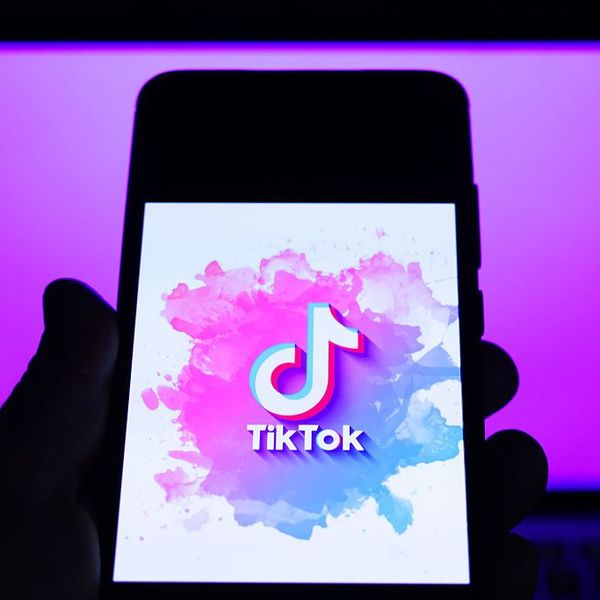With the coronavirus pandemic shuttering schools across the globe, educational institutions have leaned on online resources to help students learn remotely--a shift that has already prompted concern over increased screen time, possible safety risks, and worsening of the so-called "digital divide."
Another concern--that children's personal data may be taken for commercial exploitation--is the subject of an open letter released Thursday by dozens of human rights and consumer groups.
"It's inspiring how families and educators have stepped up to keep kids learning in this most difficult time. But we cannot trample children's other critical rights in the rush to provide remote learning," said Josh Golin, executive director of the U.S.-based Campaign for a Commercial-Free Childhood (CCCFC).
CCFC is one of the 33 global groups behind the new letter (pdf), which warns that the public health crisis-induced "rushed adoption of technology" in countries across the globe "risks undermining learners' and children's rights at an unprecedented speed and scale."
"This unplanned crisis," said Jen Persson, director of the U.K.-based group defenddigitalme, "is pushing schools in particular to free products, whose business models often rely on opaque ways of exploiting something else for profit: pupil or staff personal data, or advertising in-app products to children or parents."
From the letter:
Software introduced without adequate due diligence and staff or families' training with regard to privacy and security settings can compromise safety, exposing children in virtual classrooms toadvertising and manipulative content, racist, pornographic, violent, or other inappropriate material.
Children are disadvantaged by the power imbalance between them and school authorities under normal circumstances. But this imbalance is only made worse in the current circumstances, as some States Parties choose to impose surveillance, and allow commercial companies into children's home life without consent. Others take the view that 'tracking student data without parental consent is not only illegal, it is dangerous.' Companies must not misuse the additional power that the current situation conveys on them, to further their commodification and use of children's personal data, for their own purposes and to extract profit.
The groups outline specific recommendations for policy makers:
- Data protection authorities to co-operate globally to publish guidelines, monitor practice and enforce compliance of e-learning platforms, children's apps and other edTech.
- Policymakers to consider the impacts of the current use of e-learning, and to conduct and publish children's rights, equality and data protection impact assessments. Recommend and adopt only platforms and resources to schools that adhere to the obligations to respect, protect and fulfill the rights of the child in the digital environment and UN General Comment1 No.16 (2013) regarding the business sector impact on children's and students' rights. Publish any decisions about new national level product or service adoptions, and commit to review practices, and their impacts with civil society including the most affected and marginalized communities, once the emergency situation has ended.
- Providers to not exploit students' participation in compulsory education for commercial gain, in particular at this time when consent cannot be considered freely given. To adhere to best practice consistent with the rule of law, and with suitable safeguards for students' security and privacy, including accessible and inclusive curriculum needs, encryption and data protection by-default-and-design; avoiding profiling, dark patterns or interference from opaque nudge techniques, and behavioral and emotional analytics. To be fully transparent about processing personal data, automated decision making, and the sources and assumptions made in any training data, used in tools that employ artificial intelligence.
- Educators to procure and recommend resources where children can learn untouched by monitoring, profiling, data mining, marketing, or manipulation for commercial exploitation.
"Privacy is not only a right we must protect," added Persson, "it is a practical necessity to the development and adoption of responsible online technology, for the good of society, and for keeping children safe."
Read the letter with the full list of signatories here (pdf).



